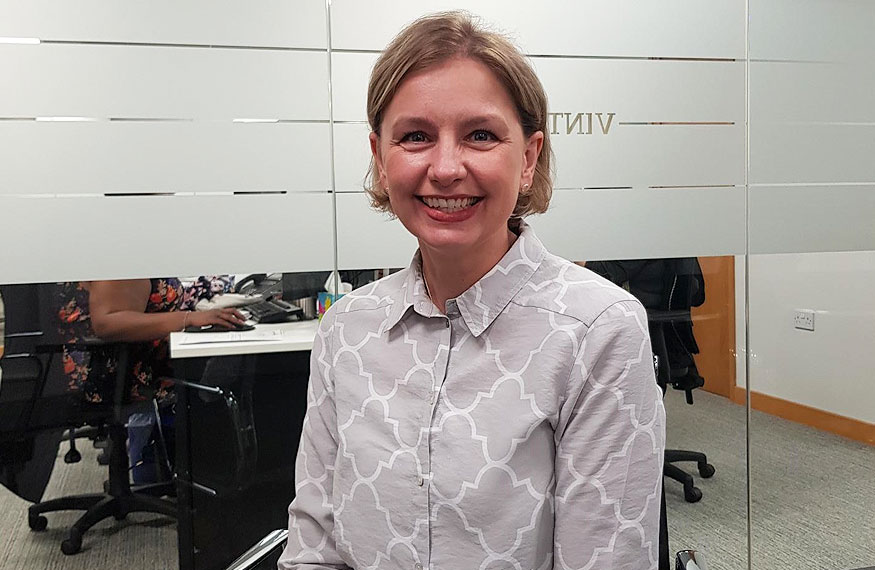News & Articles
The Evolution of Paraplanning

After nearly two decades working for Vintage as a paraplanner, Zoe Wye currently heads up a team of 17 working closely with the independent financial advisers to provide a holistic service.
“When I started working at Vintage 17 years ago, a paraplanner was more of a senior administrator. We would support the advisers by filling in forms, running life assurance quotes and preparing policy schedules; it wasn’t a very deep role at all.
But, over the years and during the time I’ve been here, the role has developed greatly. As the industry has changed and become more regulated, advisers have needed much more back office support. Although the role of the paraplanner varies from company to company, the good thing about Vintage is that they’ve allowed it to develop into quite a technical, responsible one.
Vintage paraplanners now get involved in complex pension and investment calculations, undertake in-depth research into financial products, assist with cash flow forecasting for clients, and have become a much more integral part of the advice process.
In essence, when an adviser comes back from a meeting with a plan of what they want to achieve for a client, the paraplanner can be instrumental in helping to realise the plan and bring it all together.
Although as the role has evolved, so have the expectations placed on Paraplanners. They have to be super-organised, which is especially important because some of the team members have more than one adviser to work with, so they’re managing different workloads and different expectations. They also write more complex, often bespoke reports now than ever before.
Since the introduction of MiFID II, paraplanners have been key in assisting the business to ensure our disclosure of costs and charges meet the required standards.
Additionally, the paraplanners often support their advisers by talking directly to clients. In the past, they tended to be the person in the background who wasn’t seen or heard, but now, ultimately, they support the advisers in realising a client’s objectives, whilst ensuring that all communication meets the industry regulatory and compliance requirements.
In terms of the working environment, the paraplanning department is a great place to work, because although the paraplanners work individually with advisers, there’s a real team spirit. If someone hasn’t come across something before, then there is inevitably another paraplanner who has or someone who will help to find out.
We have some paraplanners who are working towards becoming advisers in their own right. Paraplanning provides a great stepping stone into the advising world because you work with the complexities of products, legislation and regulations.
This gives a great foundation upon which to learn the advising role. But equally, not all paraplanners want to become advisers. I have some excellent career paraplanners on my team, who have a wealth of knowledge and experience, some with specialisms in certain areas and who form the bedrock of the department; supporting some of the most senior financial advisers.
In terms of the future, I would actually love to see the role develop where paraplanners start going out to client meetings and listening first hand to a situation, to really understand and appraise a client’s circumstances. I understand why we don’t currently because if the paraplanners were always at client meetings there would be little time for paraplanning!
But for the first new client meeting, where the initial contact is made and the adviser-client relationship is established, it would be great for the client to meet the individual who will be their in house, technical support and be able to put a face to a name.”
RECENT POSTS
-
 Rental health: Assessing opportunities in the buy-to-let market24/06/2025
Rental health: Assessing opportunities in the buy-to-let market24/06/2025 -
 Inheritance tax: Incoming changes that could affect your pension20/05/2025
Inheritance tax: Incoming changes that could affect your pension20/05/2025 -
 Spring Statement 2025: Summary of key points28/03/2025
Spring Statement 2025: Summary of key points28/03/2025 -
 Proceed with caution: Insight into crypto investing26/02/2025
Proceed with caution: Insight into crypto investing26/02/2025 -
 Cost of giving: Tax considerations for gifting09/01/2025
Cost of giving: Tax considerations for gifting09/01/2025
